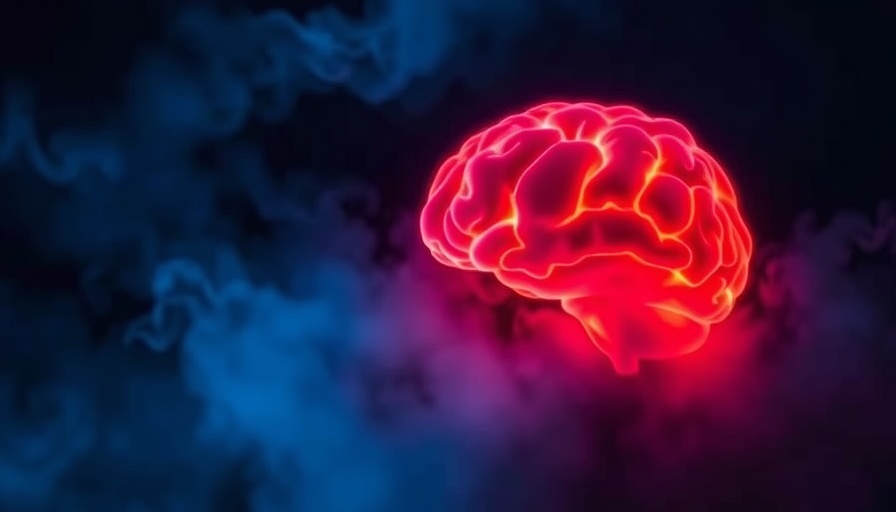
Understanding the Connection Between Diet and Brain Fog
Have you ever found yourself in a fog, struggling to concentrate or remember tasks? This cloudiness, often referred to as “brain fog,” is more than just a transient experience; it can highlight significant nutritional issues that may be affecting your mental clarity. Research suggests that diet plays a critical role in cognitive function, with certain nutrients being essential to maintaining mental sharpness.
Nutrition's Role in Mental Clarity
Recent studies emphasize the impact of nutrition on cognitive health. For instance, a study published in the journal Nutrients found a strong correlation between high consumption of ultra-processed foods and diminished cognitive performance. Impressively, this association persisted, suggesting that ultra-processed foods alone could detrimentally affect brain health, regardless of overall diet quality.
Common Symptoms and Causes of Brain Fog
Brain fog encompasses a variety of cognitive symptoms, including:
- Difficulty concentrating on tasks
- Frequent short-term memory lapses
- Slower processing speed
- Mental fatigue after meals
- Struggles in verbal communication
The causes of brain fog are numerous and can be significantly influenced by our dietary choices. Nutrient deficiencies, such as low levels of vitamin B12, vitamin D, omega-3 fatty acids, and iron, can leave you feeling muddled and unfocused. Additionally, fluctuations in blood sugar levels, often caused by high-sugar or processed food consumption, can lead to lethargy and impaired thinking.
Actionable Steps to Combat Brain Fog
Making conscious choices about your diet can help clarify your mind and alleviate symptoms of brain fog. Here are a few actionable strategies:
- Limit intake of ultra-processed foods and opt for whole, nutrient-dense options.
- Incorporate foods rich in omega-3 fatty acids, like fish and walnuts, to boost brain function.
- Ensure adequate hydration and maintain steady blood sugar levels by eating balanced meals.
Having a clear understanding of the relationship between diet and cognitive function can empower you to enhance not only your health but also your quality of life.
To further explore how dietary choices impact your mental clarity and overall well-being, consider utilizing tools such as meal planners or nutritional aids. Choosing the right foods is a proactive step towards maintaining cognitive health.
 Add Row
Add Row  Add
Add 




Write A Comment